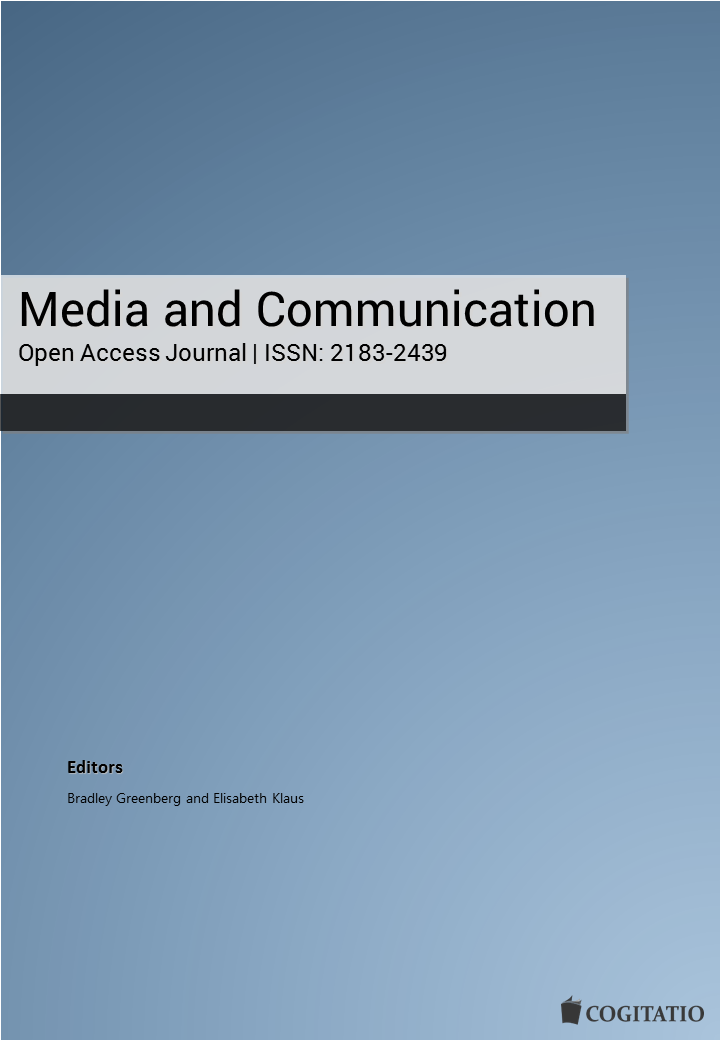
The journal Media and Communication has published a special issue on “Adolescents in the Digital Age: Effects on Health and Development,” edited by Dan Romer, research director of the Annenberg Public Policy Center.
The issue, available online, contains work by researchers studying how adolescents today interact within digital media environments and with their peers and families, which highlight opportunities and challenges for healthy adolescent development in this new digital age.
Authors include Romer; APPC research fellows Robin Stevens, Lynne Edwards, and Sally Dunlop; and Annenberg School for Communication senior research scientist Amy Bleakley and postdoctoral fellow Morgan Ellithorpe.
Chapters include “Teens, Health and Technology: A National Survey,” The Role of Parents in Problematic Internet Use among US Adolescents,” “Marketing to Youth in the Digital Age: The Promotion of Unhealthy Products and Health Promoting Behaviours on Social Media,” and Cyberbullying, Race/Ethnicity and Mental Health Outcomes: A Review of the Literature.” Other studies examine social media in the sexual lives of African American and Latino youth, and adolescent cellphone use while driving. For more on the contents, click here.
Studies in the special issue consider a number of unhealthy behaviors, including the phenomenon of internet addiction; the marketing of unhealthy products to adolescents; and the rise of eating disorder sites that support dysfunctional behavior. Nonetheless, in their afterward, Romer and Harvard University pediatrician Michael Rich note that as measured by a variety of health indicators, young people are healthier today than before the digital age. “At this broad level, there is little to suggest that enhanced digital connectivity has altered the mostly favorable trajectories of adolescent health in the U.S.,” they wrote.
Click here to access the publication, where you can read the full articles online.


